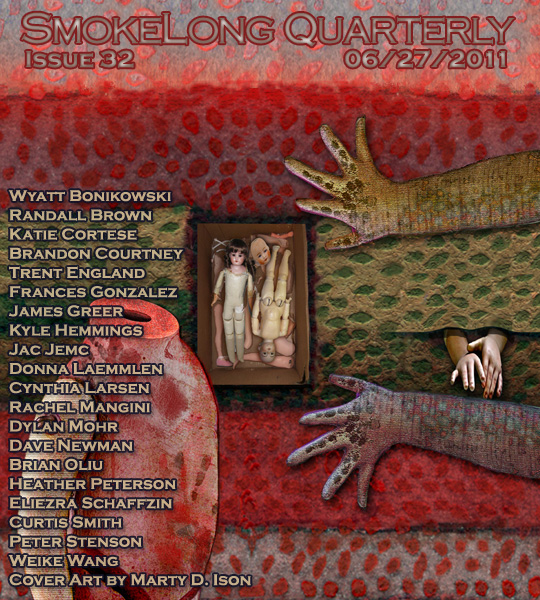An eclectic summer reading list so far:
Sisters by a River, Barbara Comyns's first novel (1947)
Hangsaman, Shirley Jackson's second novel (1951), which I re-read along with a handful of favorite Jackson short stories, "The Daemon Lover," "The Beautiful Stranger," "The Tooth," and "The Rock."
Also her children's book,
The Witchcraft of Salem Village (1956).
A bunch of Tintin books, which I'm reading with my daughter, along with Tom McCarthy's
Tintin and the Secret of Literature, which I'm not reading with my daughter.
Currently reading Rebecca West's
The Meaning of Treason and the new collection of previously uncollected prose
The Essential Rebecca West.
---
The internet is a lovely thing. In doing a bit of Google-searching on William Joyce, the British fascist hanged for treason who is the subject of the first essay in West's book mentioned above, I was reminded of David Britton's
Lord Horror novels and comics, none of which I've actually read, but in which Joyce appears ("Lord Horror" is a play on Joyce's radio broadcast nickname "Lord Haw-Haw"). Following some links I came across the work of artist
John Coulthart, who produced with David Britton the Lord Horror comic
Reverbstorm, and who has a blog full of fascinating reading. (He's working on something new with Alan Moore called
The Soul as well.) One of his recent
blog entries, among other interesting items, links to
China Miéville on
Lord Horror and other alternative histories of note, including the film
Notting Hill (see link and also below).
Meanwhile, on one of my favorite web sites,
Montevidayo, Joyelle McSweeney and Johannes Göransson are writing about China Miéville, monsters, kitsch, and jouissance.
I'll leave with this quotation from Miéville's summary of
Notting Hill:
"To celluloid, and a movie of brilliant, chilling, minatory vision. Roger Michell and Richard Curtis's is a dystopian image of contemporary London after the triumphant rise of some unseen fascist authority. With searing rage, the film underscores the totality of this victory, this dreadful alternative path, in its depiction of Notting Hill, famous for its Afro-Caribbean community and culture, as successfully ethnic cleansed. An area defined by diversity, the history of the British Black Power movement, the Mangrove restaurant, Claudia Jones and social struggle, is, with satire more bitter than Dean Swift's, stripped of people of colour, the streets instead wholly populated with mindless, twittering, wittering, lily-white rich. There is no more Carnival, with its history in struggle and play, nor shall there ever be again. A bravura cinematic hell to be shelved alongside Pasolini's Salò."

